
Pragmatics: teaching social communication skills
Key points: Pragmatics, or social communication rules, are vital for effective language use. Teach them the importance of nonverbal communication…
[cat_cust_menu]

Key points: Pragmatics, or social communication rules, are vital for effective language use. Teach them the importance of nonverbal communication…

Key points: As your child’s pronunciation improves, it becomes easier for others to understand them. This milestone is reached gradually…
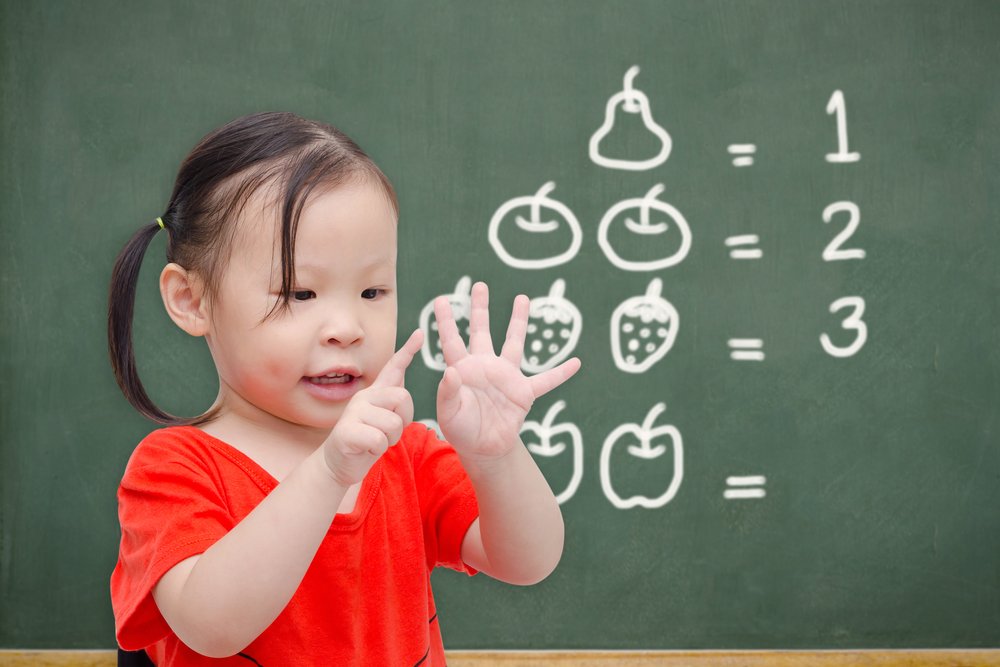
Key points: Plural form of a noun indicates that we are talking about more than one person or object. Regular…
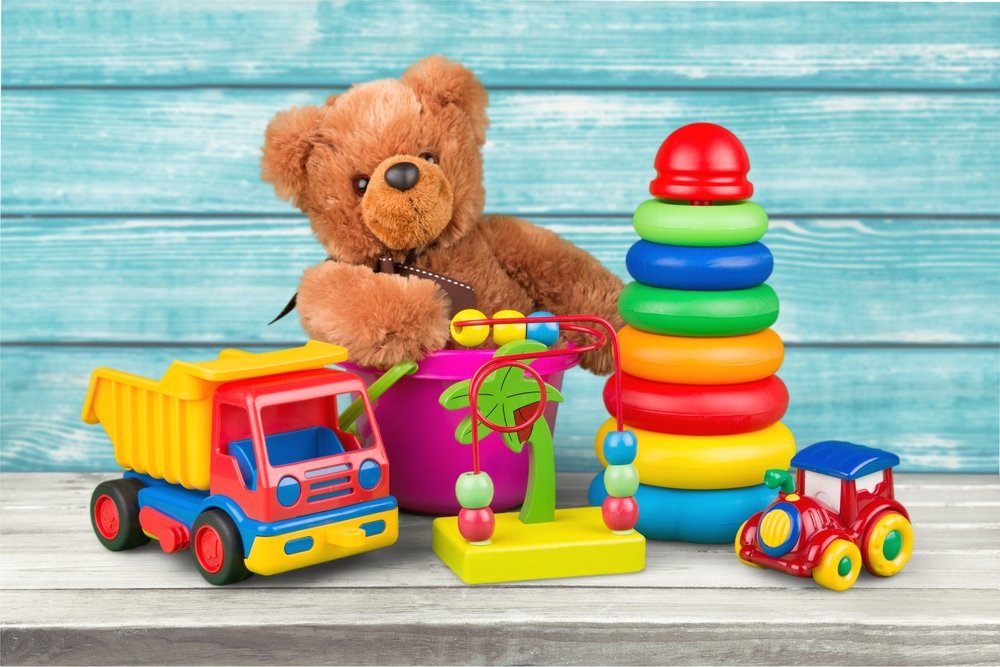
Key points: Pronouns are words that replace specific nouns and give information about gender or number. There are different types…

Key points: Meaningful conversations involve a back and forth exchange between two or more people. Having meaningful conversations with your…

Key points: Girls have superior linguistic skills compared to boys. Girls rely on different parts of the brain to complete…
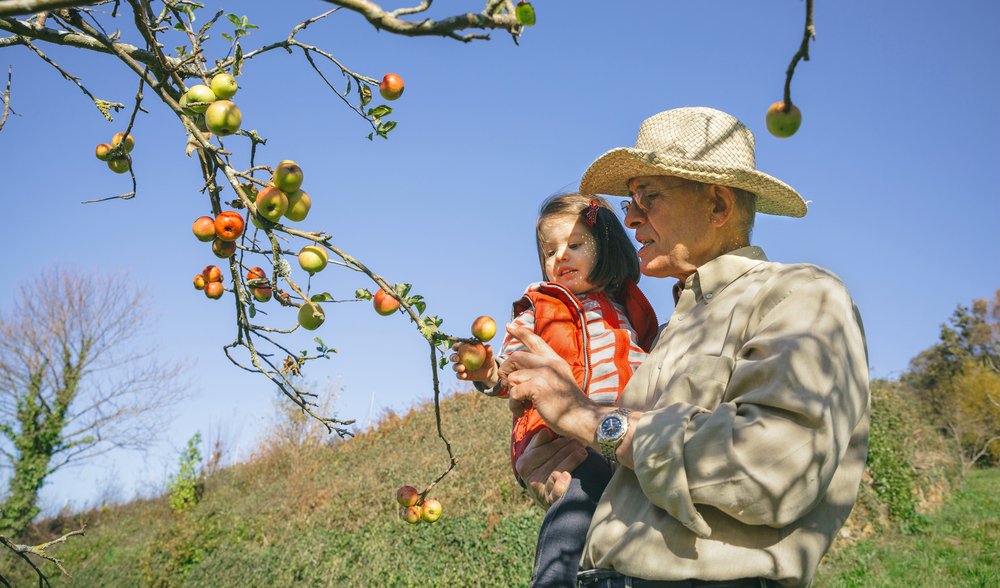
There was probably a point in which you were the only one that could decipher what your little one was…

Key Points: As your preschooler’s vocabulary expands, their ability to understand more complex language and longer sentences increases. Getting your…

Key points: The quality of interactions between parents and children is more important than the number of words children hear…
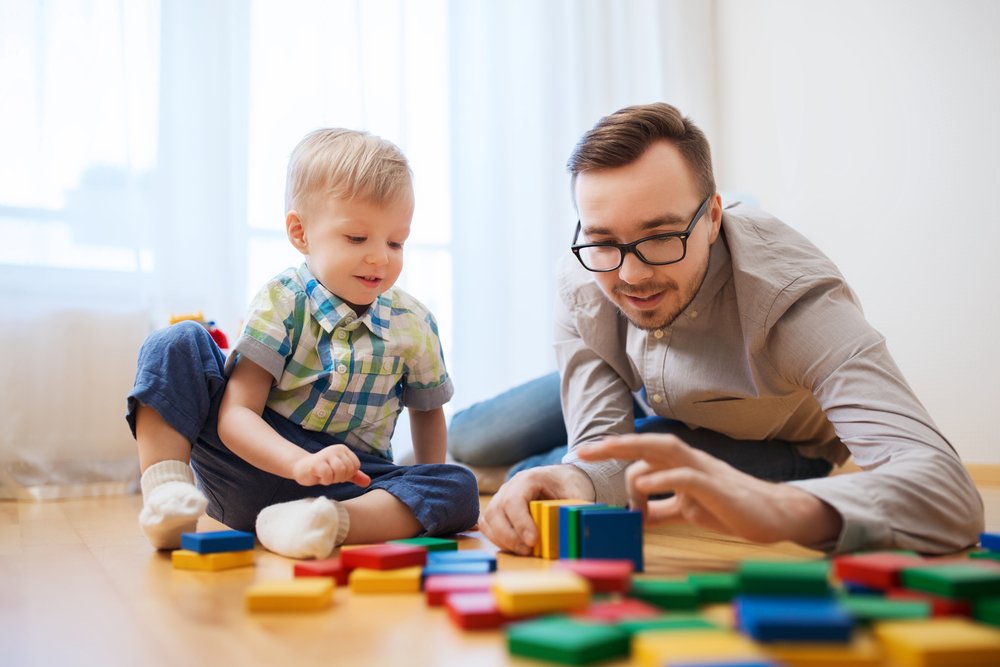
Key points: Children typically begin using verbs or action words in their second year of life, which is an important…

Key points: A child’s vocabulary is directly related to later academic success. By age two, children’s vocabulary expands significantly, reaching…

Key points: Children may have difficulty pronouncing certain sounds as they develop their language skills. Most children learn to pronounce…

Key points: Children can learn to speak more than one language at the same time, and being bilingual has many…

Key points: Language skills start developing from birth through everyday interactions with caregivers. Talking with children during daily routines and…

Key points:1. Children’s first sentences are a significant milestone in language development.2. Between 18 and 24 months, they begin forming…

Key points:1. Communication is vital for sharing ideas and feelings.2. Children develop communication skills rapidly in early years.3. Listening, asking…

Key points:1. Nursery rhymes prepare children for learning to read by teaching phonemes and spelling.2. Phonological awareness is the first…

Key points:1. Children naturally learn language and grammar rules through use.2. They acquire the specific dialect of those around them.3….

Key points:1. Preschool years exhibit significant variation in language development.2. Talkativeness doesn’t equate to intelligence or vocabulary richness.3. Language differences…

Key points:1. A two-year-old’s receptive language is developing rapidly, understanding around 200-300 words.2. Receptive language is the ability to understand…
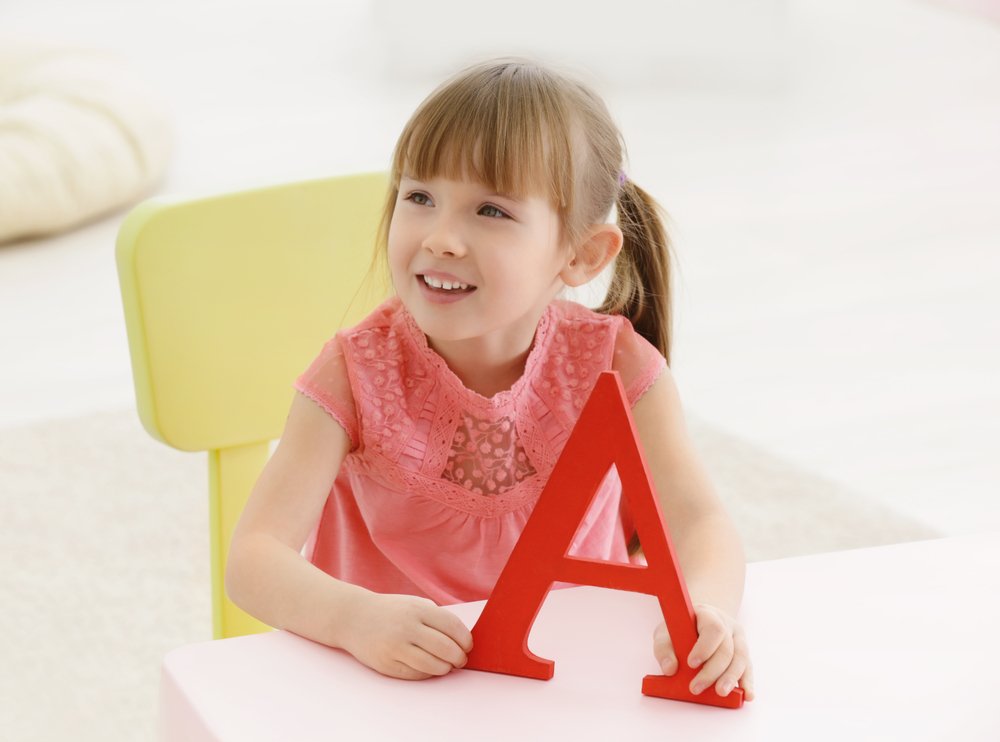
Key points:1. Phonological awareness is crucial for literacy development in preschoolers.2. Teach your child the sounds of letters, not just…
Subscribe to our newsletter and join Kinedu’s community